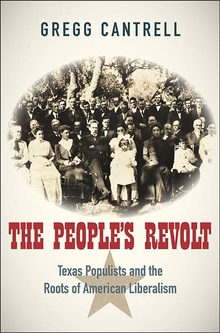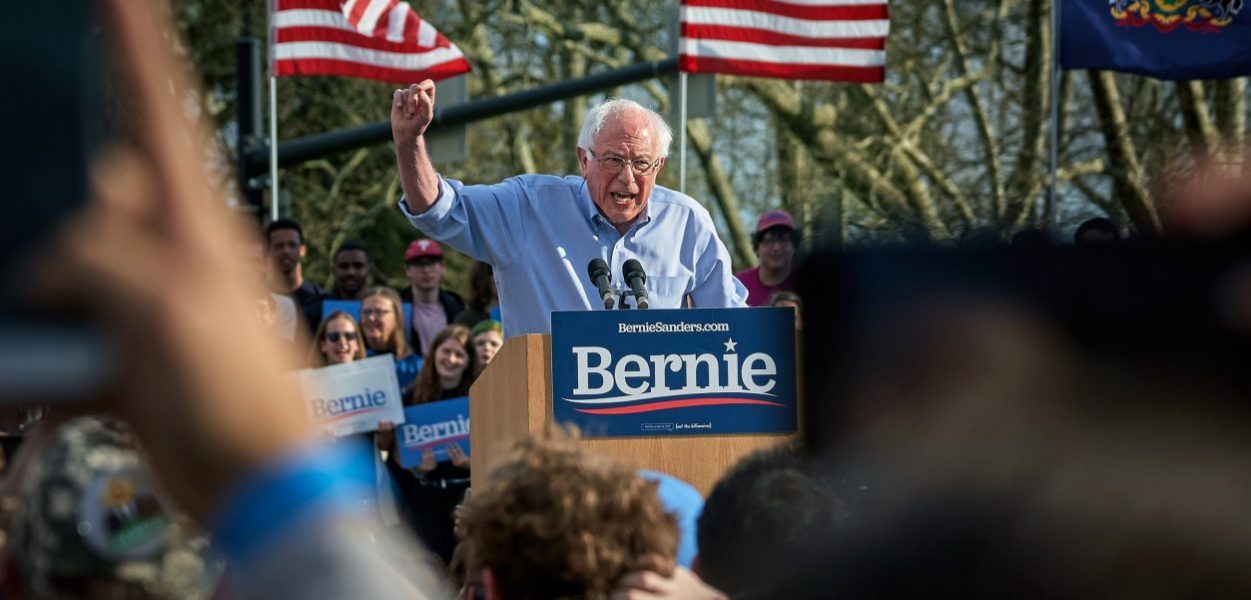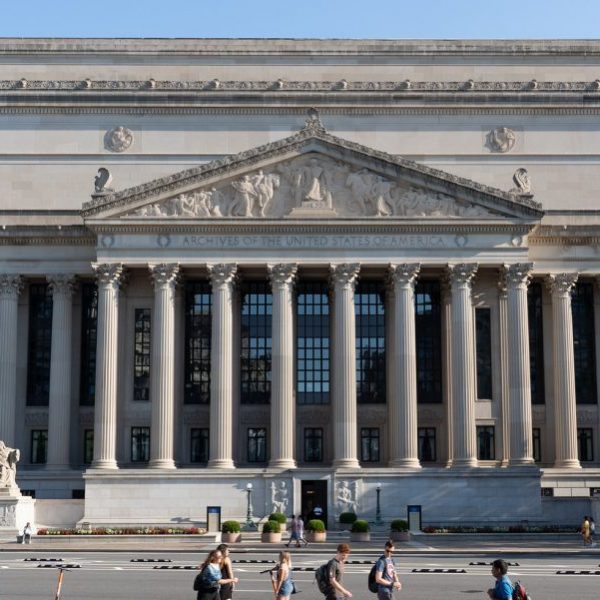Trump, Sanders, and the Historical Mantle of “Populism”
Gregg Cantrell—
In the current American election campaign, the headlines invoking “populism” just keep coming. “
Clearly it’s not a political ideology, for few politicians could be as different from one another in terms of policy as Trump and Sanders. Some observers have described populism as a political style, one based on appeals to the interests—and sometimes the prejudices—of common people, a disdain for the political establishment, and a certain righteous (or self-righteous) anger toward the corrupt elites who control that establishment. Define it in those terms, and one can begin to see how the label can be applied to both the Republican president and his democratic-socialist rival.
But scratch just a bit beneath the surface of this definition, and the usefulness of “populist” as a label quickly begins to vanish. In a democracy, don’t all politicians recognize the need to appeal to “the people”? Don’t virtually all political candidates initially seek office as anti-establishment outsiders? (Until, that is, they are incumbents, and then they have to run on experience.) Don’t all office-seekers ostensibly oppose corruption, promising to drain whatever swamp they aspire to inhabit? Isn’t this sort of “populism” at least as old as the days when the “common man” rallied around Andrew Jackson?
One way to get a handle on this slippery term is to revisit its historical context. The term came into general usage in the early 1890s, when hard-pressed farmers and laborers created the People’s Party. Dubbed Populists, the new third party’s members came of age in an America that their parents’ generation would have scarcely recognized. The industrial revolution had created vast concentrations of economic power—the new railroad, steel, oil, manufacturing, and commodity-processing corporations—their power abetted by Wall Street and enabled by corrupt politicians. The men and women who embraced Populism concluded that in a democratic republic, the only way ordinary people stood a chance was to harness the power of the one institution they ostensibly could control: the government.
But they soon encountered problems. A fervent devotion to limited government was already a time-honored tradition in America, going all the way back to the American Revolution. The new corporations had capitalized on this ideological bent, using their wealth and power to ensure that pliant politicians, from the county courthouse to the halls of Congress, gave those corporations free rein to exploit workers and maximize profits. Anyone who opposed the corporations was branded a socialist, or worse.
No place could have been expected to fetishize laissez-faire, free-market capitalism more than Texas, with its storied history of frontier individualism. Yet the Lone Star State was, in many ways, the birthplace of Populism. At the movement’s high point, it was the home of more Populists than any other state. By the time of their first state convention in 1891, Texas Populists had already forged their basic political platform, calling for sweeping federal intervention in the farm economy, a thoroughgoing reform of the nation’s system of banking and finance, regulation of big business, and a far-reaching anti-corruption program. They called for the creation of an effective system of public education and criminal justice reform. They welcomed the political participation of women, and they even made common cause with African Americans and Mexican Americans. They pushed against their countrymen’s slavish devotion to limited government; as one Texas Populist leader, Charles Jenkins, put it, “I have never been frightened by that scarecrow, strong government. I believe in a government strong enough to protect the lives, liberty, and property of its citizens.”
These original Populists did run against the elites who constituted the establishment of the two major parties, and they certainly claimed to be the champions of common people. But their appeals rarely partook of the angry, conspiracy-laden rhetoric that we so often associate with “populism” today. In Texas, the party’s preeminent leader was a West Texas judge named Thomas L. Nugent. A soft-spoken, scholarly man who followed the religious teachings of the Swedish mystic Emanuel Swedenborg, Nugent was more inclined to calmly discuss political philosophy on the campaign trail than to rail against his political enemies. When Nugent received the nomination for governor in 1892, even the conservative Dallas Morning
Nugent was no socialist; he called capital “the
A few aging Populists lived to see much of their political philosophy and their reform agenda enacted by FDR and the New Deal; even
Gregg Cantrell holds the Erma and Ralph Lowe Chair in Texas History at Texas Christian University. His previous books include Stephen F. Austin: Empresario of Texas and The History of Texas. He lives in Fort Worth, TX.
Further Reading:





